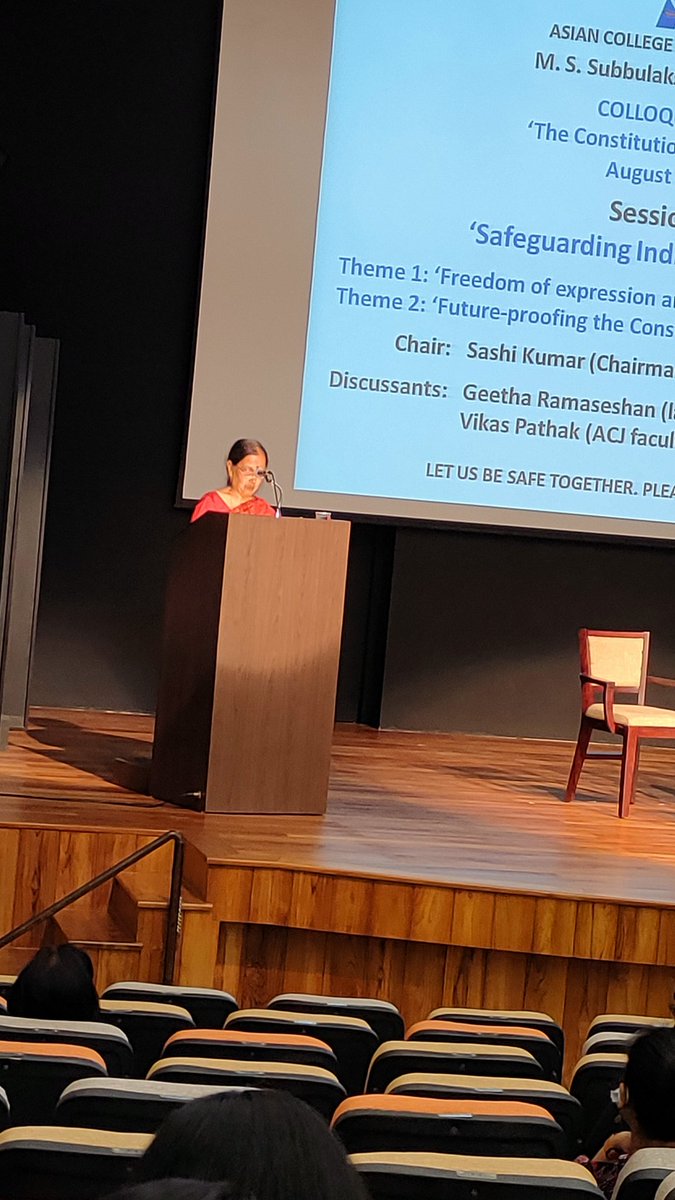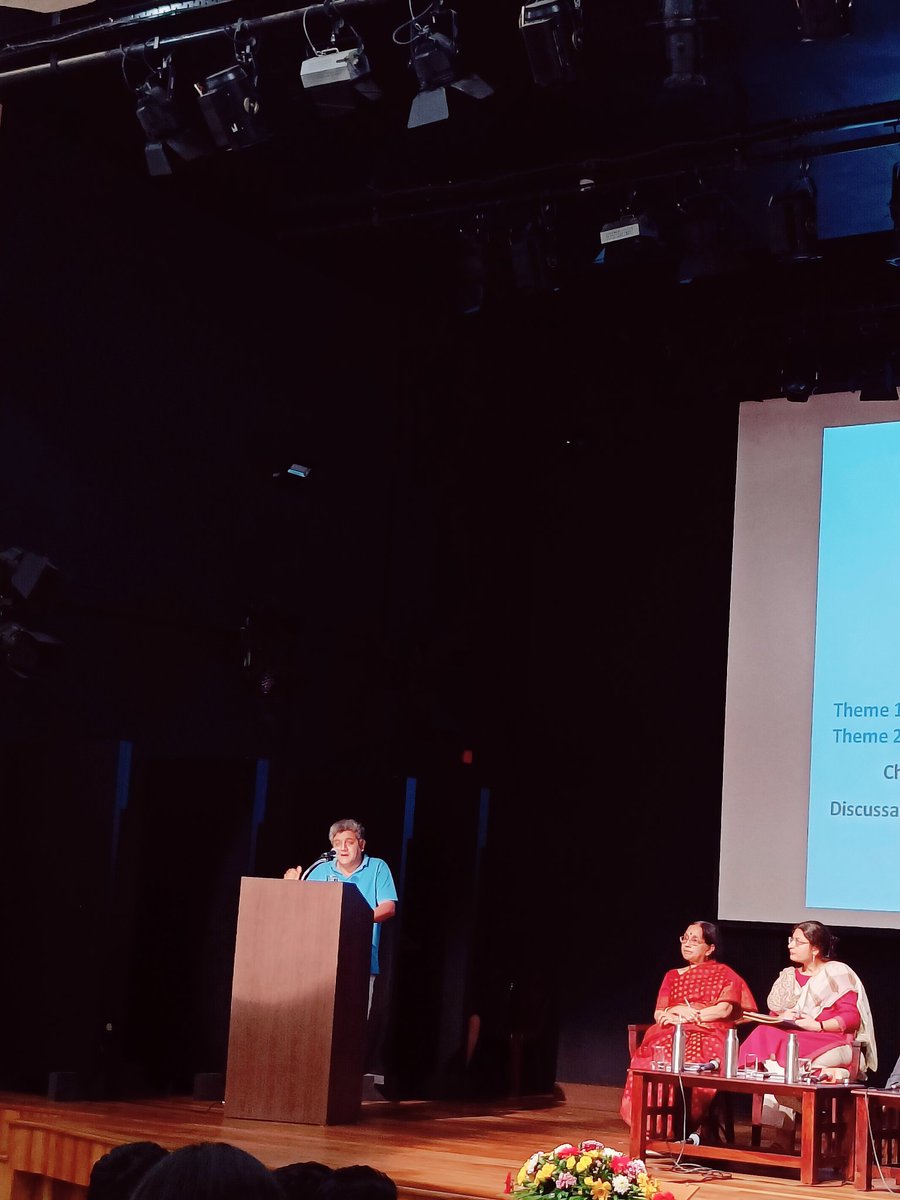Vibha B Madhava
4:09
4:10
4:12
4:12
4:13
4:16
4:17
4:19
4:21
4:23
4:24
4:26
4:26
4:29
4:34
4:40
4:45
Connecting…




